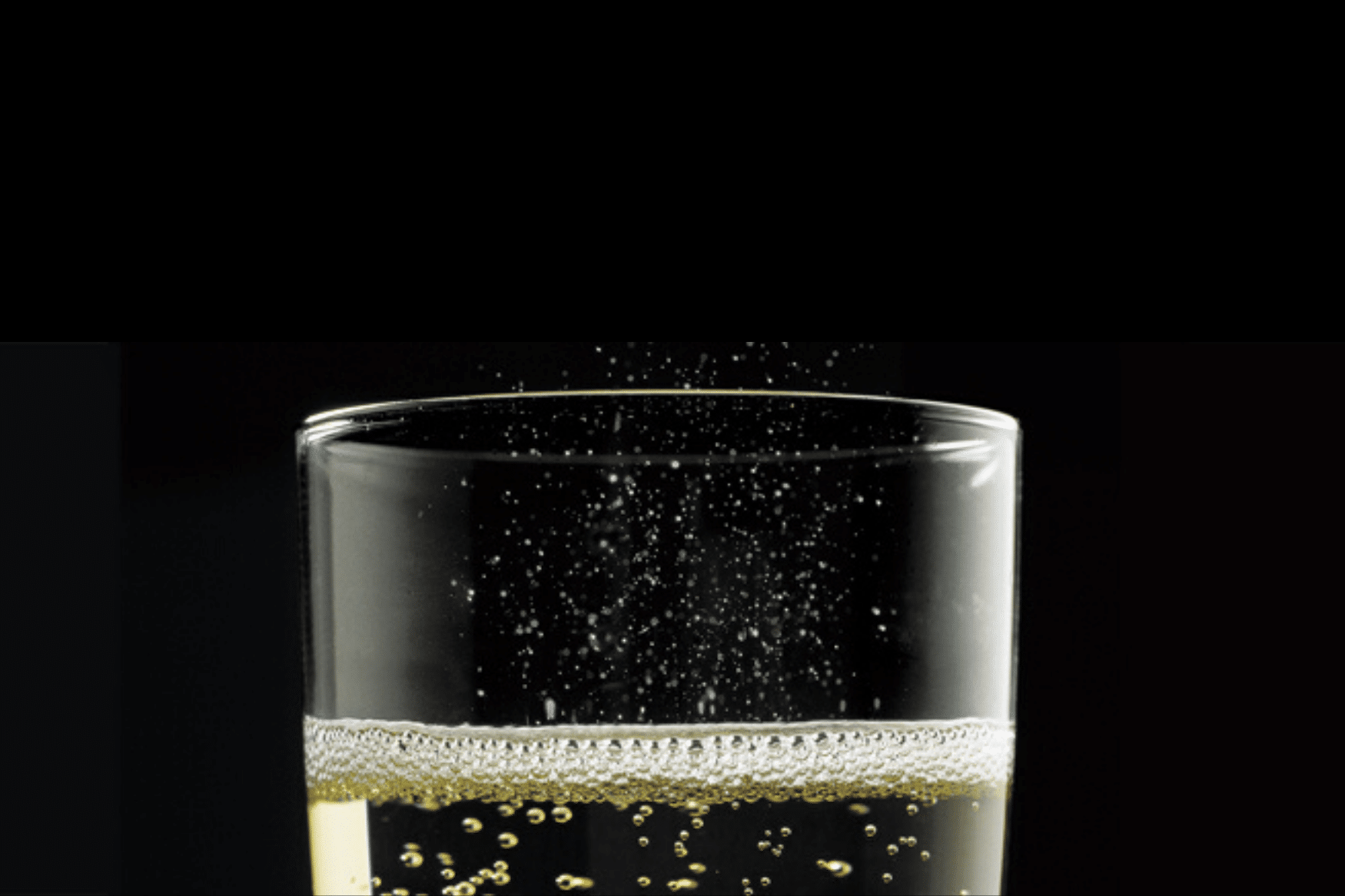[vc_row njt-role-user-roles=”administrator,armember”][vc_column][vc_column_text]
During his speech on Sunday, the French President of the Republic Emmanuel Macron announced the reopening of cafés and restaurants in Paris and its region, subject to continuous monitoring of health precaution standards. The pandemic has brought about a significant drop in global demand for luxury food products, which has been drastically reduced due to the pandemic.
The closure of thousands of restaurants around the world marked the slide of the economy into recession. The luxury food industry, whose demand depends almost exclusively on restaurants and large hotels, has been hard hit.
“This is really a period that looks like a war time,” said Jean-Marie Barrillere, co-president of the CIVC, the lobby of champagne producers in France.
Some producers of premium foods, such as caviar, wagyu beef or bluefin tuna, around the world have decided to go direct to consumers to keep themselves afloat, while others have been forced to reduce their production.
While gourmets around the world have been forced to desert restaurants, the confined environment and financial concerns have also made them less inclined to consume luxury foods.
Falling demand is having a major impact on luxury foods
The various world producers have no other solution than to display their products at a discount. Russian Caviar House, Russia’s leading sturgeon breeding company offered a 30% discount on Beluga hybrid caviar.
“Spring and summer are always low seasons for the caviar market, but if we compare this period with previous years, the sales in Russia are down 50%,” said the company’s owner, Alexander Novikov.
As for Japan, the price of the highly renowned bluefin tuna has fallen by more than 40% and the price of wagyu beef cuts by 30%.
A large number of producers have turned to supermarket sales, where discount prices are much less profitable than sales to high-end restaurants.
“Mid-March it felt like the sky had fallen on us.”
In France, the reopening of restaurants is essential for the recovery of the luxury food industry. The foie gras producer group Cifog stated that restaurants account for 40% of total foie gras sales, so to support prices, foie gras producers have been forced to reduce their production.
“Mid-March it felt like the sky had fallen on us,” said producer Florian Boucherie.
Caviar prices remained close to their historic lows.
“People will not want to taste a Chateau Petrus wine, a lobster or caviar under a bell jar,” said Michel Berthommier, general manager of Caviar Perlita in southwestern France.
Champagne sales have also fallen considerably. However, French producers continue to hope that consumers will celebrate the reopening of bars and restaurants with a cup in hand.
Read also > GASTRONOMY: HOW THE STARRED CHEFS PREPARED THEIR RECOVERY
Featured photo : © CIVC[/vc_column_text][/vc_column][/vc_row]










